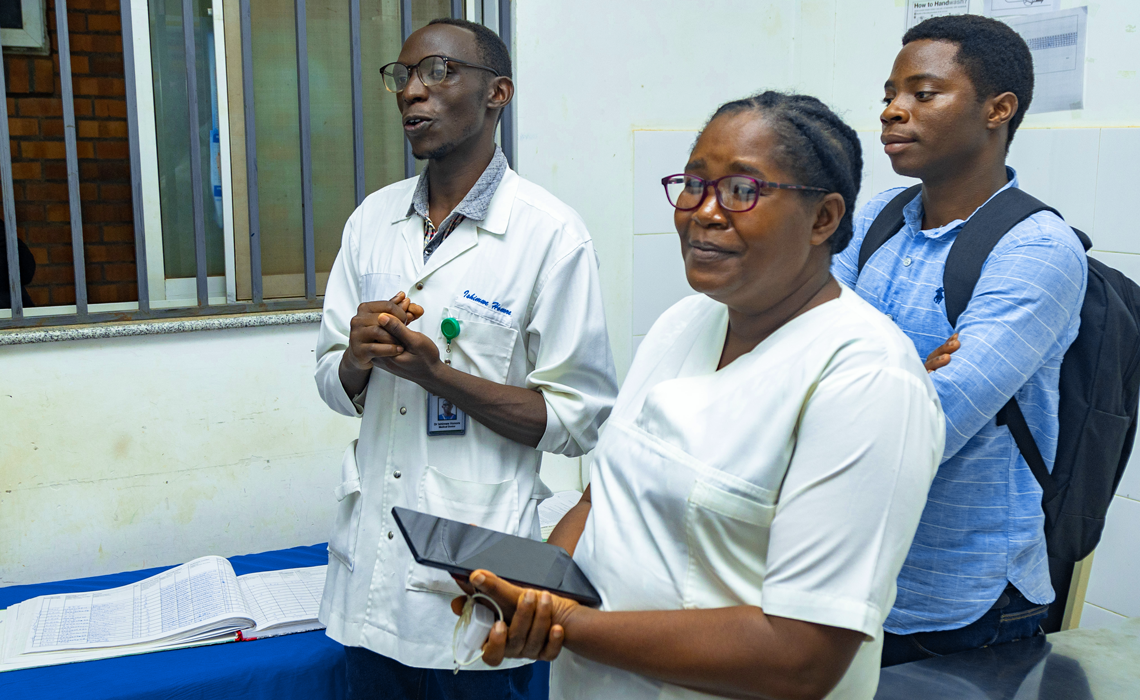Key messages
- Women in Rwanda face limited access to quality health services, which results in a range of health, economic, and social consequences, especially in low-resource settings.
- Rwanda’s Patient Navigation initiative aims to decrease morbidity and mortality from breast and cervical cancers through greater access to screening, diagnosis and care.
- The initiative is being implemented by the Rwanda NCD Alliance in collaboration with the Rwanda Ministry of Health, Rwanda Biomedical Center (RBC), International Cancer Institute (ICI), Rwanda Military Hospital, and Masaka District Hospital.
- From the launch in September 2022 until March 2023, the initiative has achieved impressive results, screening a total of 14,435 women, with 302 patients being diagnosed and treated.
- The initiative addresses challenges such as low health literacy, myths and stigma, poverty, and reliance on traditional healers.
- Rwanda has become a regional leader in healthcare and UHC, with 90.5% of the population having some form of health insurance.
- Primary health care in rural and peri-urban areas has been reinforced to tackle chronic disease in accordance with the WHO PEN-Plus Strategy, the regional strategy to address NCDs at first-level referral facilities in Africa launched by WHO in 2022.
Rwanda – a regional leader for Universal Health Coverage
Rwanda has become a regional leader in healthcare and Universal Health Coverage (UHC). The percentage of the population with some kind of health insurance increased from 43.3% in 2005 to 90.5% in 2020. Insurance, also known as Community-Based Health Insurance (CBHI), has also reduced financial barriers such as out-of-pocket expenditures, in particular for the poorest and the most vulnerable people.
Progress towards the full realisation of UHC in Rwanda has been informed by the implementation of the WHO PEN-Plus strategy to increase the capacity of primary health care facilities in rural and peri-urban areas to address noncommunicable diseases (NCDs) such as cancer, type 1 diabetes, sickle cell disease and rheumatic heart disease in an effort to decentralise medical services and increase accessibility. Another major accomplishment of Rwanda’s health coverage is vaccination. The country has now a 93% vaccination coverage rate, contributing to the eradication of infectious diseases such as polio and measles.
As of 2020, the government of Rwanda spends more than 15% of its budget on health care in compliance with the 2001 Abuja Declaration, showing the country’s commitment to adequately resourcing UHC.
However, there are still challenges in achieving UHC, such as the difficulty of reaching the most excluded people in the informal sector, the need to reduce cost-sharing in favour of patients, and ensuring the economic sustainability of the health system.

Bridging the cancer care gap for women in Rwanda
Like other NCDs, the cancer burden in Rwanda is increasing, but data covering the 2007-2018 period from the country’s newly established cancer registry suggests that most cancer cases in Rwanda are never diagnosed or treated. This is especially true for women, with only one in five new breast cancer cases being detected each year.
Harmful gender norms mean that women often face limited access to quality health services and are more exposed to noncommunicable diseases (NCDs) and their risk factors, resulting in a range of health, economic and social consequences, especially in low-resource settings. Rwanda’s recently launched Patient Navigation initiative is trying to change this by improving access to cancer screening, diagnosis and care.
The aim is to decrease morbidity and mortality from breast and cervical cancers through greater access to screening and early detection, as well as improved diagnosis and treatment of benign and malignant conditions.
Being implemented by the Rwanda NCD Alliance in the City of Kigali, in close collaboration with the Rwanda Ministry of Health, Rwanda Biomedial Center (RBC), International Cancer Institute (ICI), Rwanda Military Hospital, and Masaka District Hospital, the initiative stands as an example of joint work between the public sector, civil society and government.
Since the initiative’s launch, 14,435 women have been screened for cancer from September 2022 until March 2023, with 302 patients being diagnosed and treated.
Along with improving diagnosis and care, training health care professionals is a core component of the initiative. The initiative follows the WHO Guide to Early Cancer Diagnosis Framework, and addresses challenges such as low health literacy, myths and stigma, poverty, and reliance on traditional healers.
Recommendations
Learning from the Rwanda experience
Initiatives like the Patient Navigation Initiative, which bring together civil society and public health authorities, are the way forward to reach out to women and vulnerable or marginalised populations early on and accompany them throughout the whole treatment process.
A whole-of-society approach is needed for UHC to account for the particularities of each country and the impact of social determinants such as education, ethnicity, age or gender. Other countries should take note of the importance of engaging civil society in UHC governance and decision-making roles. This is the only guarantee to ensure that the response is appropriate and addresses the structural barriers that put some people at risk of exclusion, as in the case of women living with cancer in Rwanda.
Developing strong and inclusive leadership is key. Rwanda’s experience shows that countries need robust institutions and legal frameworks that are results-driven, allow for meaningful citizen participation and remain accountable.
Looking forward, the Rwanda NCD Alliance is planning to add a more holistic approach to the initiative, including mentorship on women’s cancer screening and responding to HPV results, monitoring, evaluation, and data management, informing public authorities to reduce the financial burden of the diagnostic pathway for people living with cancer, and creating a palliative care and health education centre to facilitate self‑rehabilitation.
Find out more
about NCD Alliance’s policy asks for the 2023 UN High Level Meeting on UHC in our policy brief



